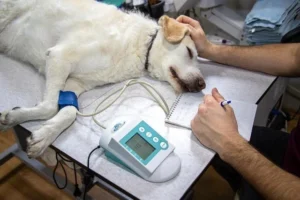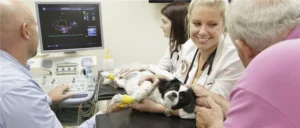At the heart of Renton, WA, Happy Tails Animal Hospital, under the skilled guidance of Dr. Arshdeep Mann, offers comprehensive care for pets facing the uncomfortable and often painful condition of anorectal abscesses. These infections, located near the anus or rectum, can affect pets of any age and breed, causing significant discomfort and potential health complications if not treated promptly. This blog post delves into the causes, symptoms, and effective treatments for anorectal abscesses, equipping pet owners with the knowledge to seek timely care for their furry companions.
Understanding Anorectal Abscesses
Anorectal abscesses are infections that form near the anal sacs, leading to pus-filled swellings. They result from the obstruction of the anal glands, which can get infected and lead to abscess formation.
Causes
- Impacted Anal Glands: The most common cause, where the anal glands fail to express naturally.
- Trauma: Injury near the anal area can lead to infection and abscess formation.
- Underlying Health Conditions: Certain conditions like inflammatory bowel disease can predispose pets to anal gland issues.
Symptoms to Watch For
Early recognition of symptoms can lead to quicker diagnosis and treatment:
- Swelling or redness around the anus
- Visible pus or discharge
- Difficulty defecating or signs of pain during defecation
- Licking or biting at the tail or rear
- Noticeable foul odor
Expert Diagnosis and Treatment
Diagnostic Approach
Dr. Mann emphasizes the importance of a thorough examination for an accurate diagnosis. This may include:
- Physical Examination: Assessing the extent of swelling and infection.
- Sampling and Cultures: To identify the bacteria causing the infection.
- Imaging: In some cases, ultrasound or radiographs are necessary to rule out underlying conditions.
Treatment Options
The treatment for anorectal abscesses generally involves:
- Antibiotics: To fight the bacterial infection.
- Surgical Intervention: Draining the abscess is often required to provide relief and prevent recurrence.
- Pain Management: Ensuring the pet’s comfort during recovery is a priority.
- Dietary Changes: High-fiber diets can help in cases where anal gland issues are recurrent.
Preventive Measures
Prevention is key in reducing the risk of anorectal abscesses:
- Regular Anal Gland Expression: Especially for pets prone to anal gland issues.
- High-Fiber Diet: Can help maintain regular bowel movements and anal gland expression.
- Routine Check-ups: Regular visits to Happy Tails Animal Hospital for wellness exams can help catch and address potential issues early.
The Happy Tails Advantage
Dr. Arshdeep Mann and the team at Happy Tails Animal Hospital are dedicated to providing the highest level of care, from diagnosis through recovery. Their approach combines advanced veterinary techniques with compassion and understanding, ensuring that pets receive the individualized attention they need to overcome anorectal abscesses and return to their happy, active lives.
Understanding anorectal abscesses in pets is crucial for early recognition and treatment. At Happy Tails Animal Hospital, Dr. Arshdeep Mann and his team are committed to educating pet owners about this condition and providing expert care to affected pets. For more information or to schedule a consultation, contact Happy Tails Animal Hospital at 425-254-2779. Together, we can ensure the health and comfort of your beloved pet.
Sources:
- Journal of Small Animal Practice: Offers insights into the prevalence, diagnosis, and treatment of anorectal conditions in pets.
- American Veterinary Medical Association (AVMA): Provides guidelines on the care and prevention of anal gland issues in pets.
- Veterinary Clinics of North America: Small Animal Practice: Features in-depth articles on gastrointestinal diseases in pets, including anorectal abscesses.





